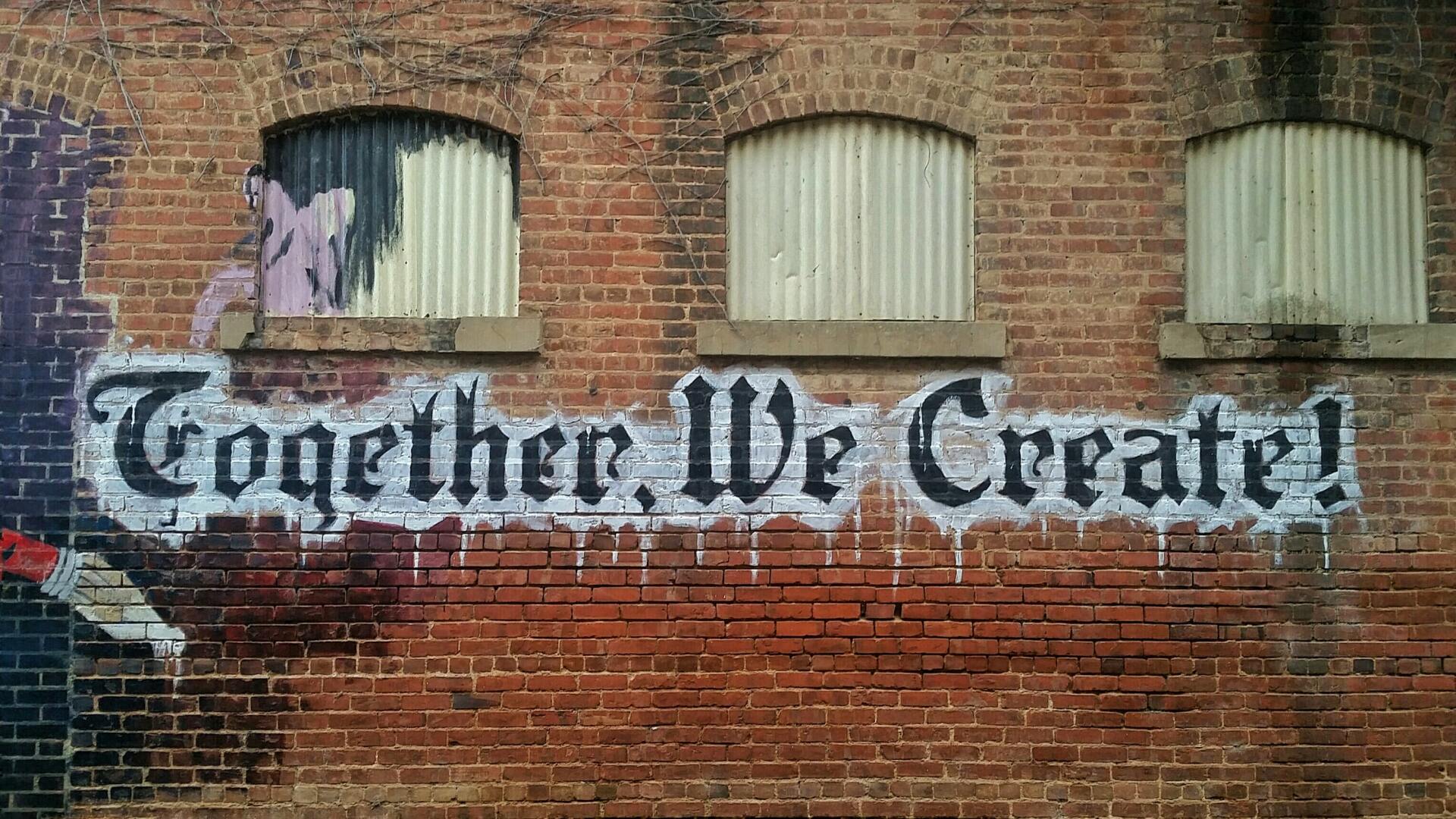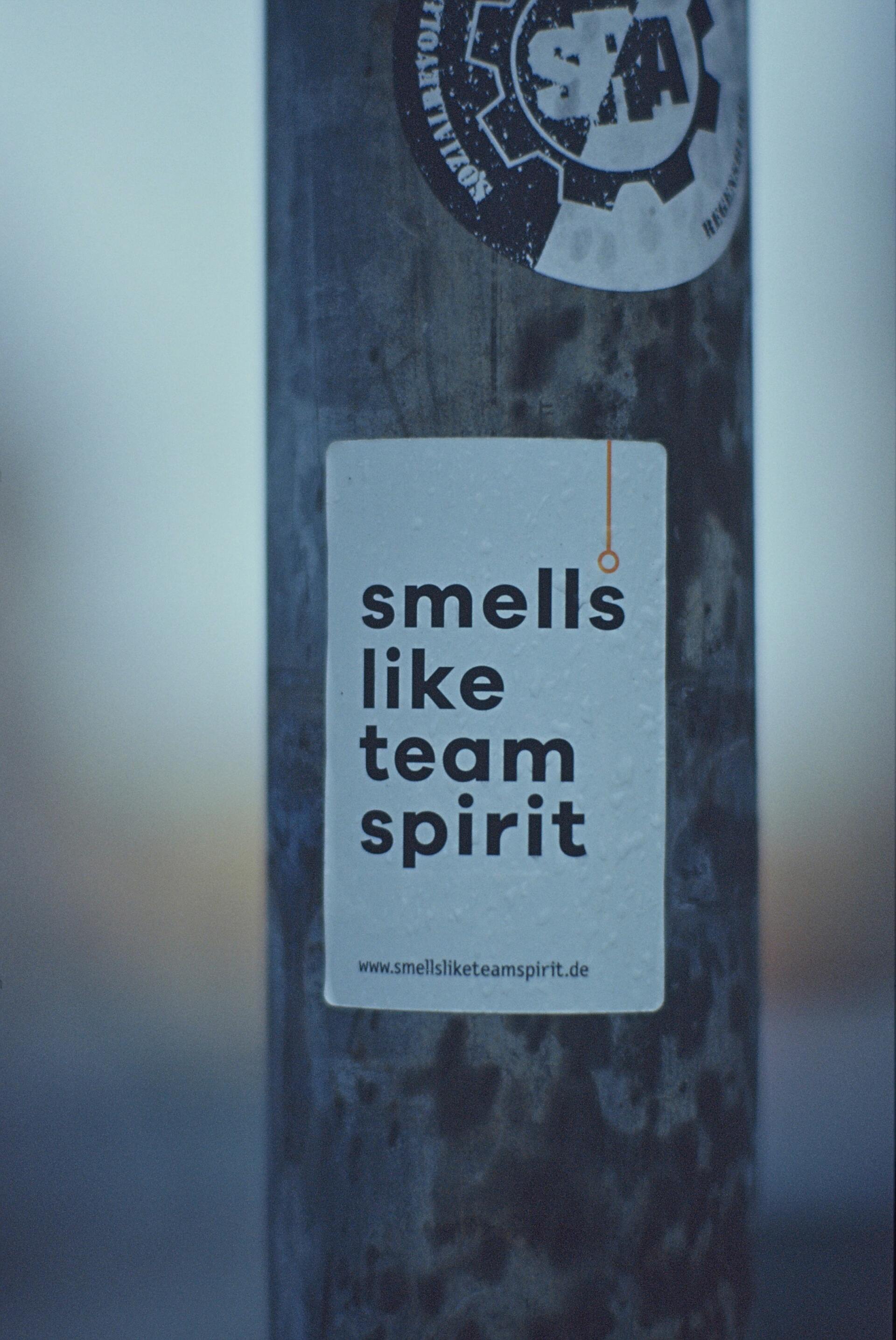Creating brave leaders and teams from the inside out
What is compassionate leadership and how will it impact my team's spirit and workplace wellbeing?

Being a compassionate leader takes time, commitment, curiosity and leaning-in to uncomfortable moments. Learning how to explore engaging meaningful conversations is a skill.
If you're considering investing in leadership training, we firmly suggest the need to consider
staff training the rest of your team at the same time.
Why?
Think about it....if the lead character of a play has the script, but none of the cast do, the production will fall flat on its face.
If the top scorer hogs the ball and doesn't share it, s/he's going to get pretty tired and burned out. The rest of the team won't bother trying next time.
If the F1 car driver loses communication halfway around the lap and can't share with this team that his tyres are out of tread, he will lose. The pitstop team is deemed a failure.
If the Mcdonald's team member flipping the McPlant burger intends to do the fries, the milkshake, the McFlurry and clean, all at the same time.....it will not be a Happy Meal!
Research from mental health charity, Mind, reveals that work pressure is the number one cause of stress in our lives. Add lockdowns, remote working, rising unemployment and continued uncertainty to the mix and it is not surprising that we are on the brink of a mental health crisis. The HSE Summary Statistics show a sharp increase in cases of work-related stress, depression or anxiety as compared to pre-pandemic levels. Although remote working has provided more flexibility, it has also exacerbated loneliness and isolation and placed individuals who are vulnerable to stress and overwork at particular risk. Many have also been faced with additional caring and childcare responsibilities, leading to irregular working patterns and an inability to “disconnect” from work.
The HSE report showed that women had higher rates of work-related stress, depression or anxiety than men, with women between the age of 25 and 34 being most likely to report this as a reason for absence. The most common reasons for stress at work have been cited by the CIPD Health and Wellbeing At Work 2021 report as: workload and volume of work (59%); management style (32%); and new work-related demands due to homeworking as a result of COVID-19 (31%). For some people the effects of stress, anxiety and depression may be long-lasting.
Although employee wellbeing continues to rise up the corporate agenda, a recent survey commissioned by Lime Insurance suggested that 51% of respondents felt under pressure to hide their mental health struggles from colleagues and to “put on a brave face”. Furthermore, a poll carried out by Mental Health First Aid (MHFA) England revealed that 29% of employees have never spoken to their line manager about their mental health, with other reports suggesting that individuals are afraid to admit they are struggling in case they get treated differently. The CIPD report also indicated that those interviewed did not trust in the skill and confidence of managers to assist them.
People matter, so show them.
If you want more compassion within your team, we suggest the following:-
- commit regular time to having brave conversations
- ask what compassion means to everyone
- stop ignoring stuff, hoping it will pass
- when someone reaches out to you, listen fully and avoid making the conversation about your similar experiences
- ask what that person needs right now - to listen / to help / to have time out?
- ignore your fears of saying the wrong thing
- reach out in different ways - send a text, an email, a note, an invite for coffee
- reward compassionate behaviour in your team
- bring your human nature to work (do not put on a brave face)
- put your job title aside
- remind yourself that you can make a difference
When we do these things, we build trust and improve our relationships at work and with our families.
We are able to communicate clearly, build self-awareness and shared-awareness.
We develop the ability to do and say what really matters.
"Unleashing your team's spirit" is our most popular workshop and is available face to face or digitally:
From the outside your team's spirit is being eroded by increased demand for decreased cost. From within the business or organisation it's ego-driven personalities, poor communication, and a culture obsessed with 'being busy'. So, how do you create the engagement needed to unleash the energy and enthusiasm needed to not just survive these challenges, but thrive? Join us on this critical workshop for organisational leaders and team members who want to dig into understanding why work matters, and really discover the joy that should be present in every team.
After the workshop you'll have a command of:
How to design your ideal team spirit, whether you lead a team, are part of a team, or simply want to enjoy work more yourself. Where to create the space out of your already ‘too busy’ day. Which proposition best represents your team - and knowing how to leverage it in recruitment, retention, and day-to-day What one single tool can drastically improve presenteeism (which costs more in productivity and talent than absenteeism and retention put together!) Why balancing the needs of an individual with the needs of the team is critical yet not as difficult as we’ve been conditioned to think.
This workshop can be offered as a 3 hour, half-day or full-day (digitally or in-person).
Want to know more about professional development, management training and employee training?
Let's chat.
Tasha - 07799 038 561
Colin - 07702 973 493
www.letsmaketime.co.uk










